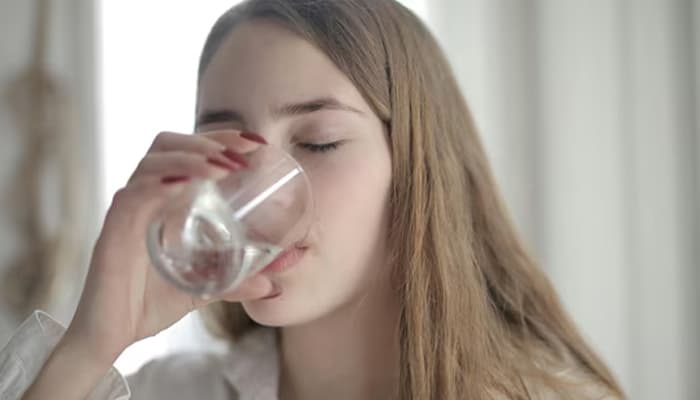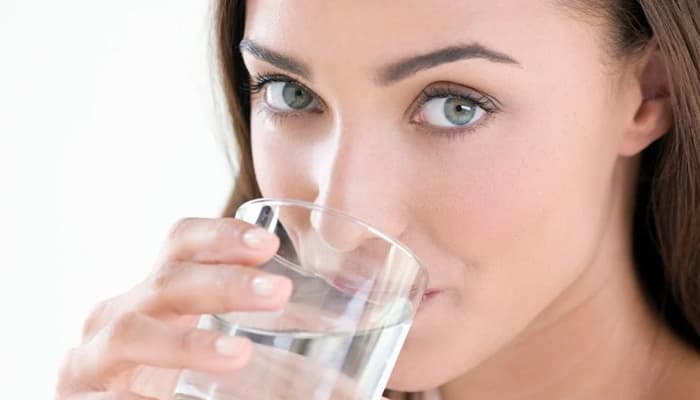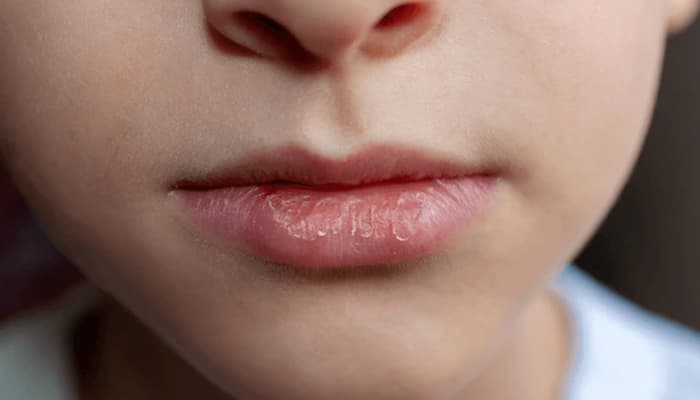
We’ve all heard the advice: “Drink eight glasses of water a day.” It’s everywhere—from health blogs to office water coolers. But is that magic number really accurate? And more importantly, how do you know if you’re actually drinking enough? Hydration isn’t just about quenching thirst; it affects your energy, mood, skin, digestion, and even your brain function. Let’s break it down with some guidance straight from dietitians.
Why Hydration Matters More Than You Think

Water is essential for nearly every bodily function. Your organs rely on it to transport nutrients, regulate temperature, and flush out toxins. Even mild dehydration—just 1–2% of your body weight—can leave you feeling fatigued, irritable, or mentally foggy. Some studies even suggest that chronic low-level dehydration can affect your metabolism and heart health over time. So, drinking water isn’t just a suggestion; it’s a key factor in staying healthy and alert.
Forget the “8 Glasses” Rule

The “8×8 rule”—eight 8-ounce glasses per day—is simple, but it’s not one-size-fits-all. Dietitians point out that the right amount depends on your body size, activity level, diet, and environment. For example, someone who’s very active, lives in a hot climate, or eats a lot of salty foods may need much more than eight glasses. Conversely, if your diet includes plenty of water-rich foods like fruits, vegetables, and soups, you might need slightly less.
How Much Water Do Dietitians Actually Recommend?
Most experts suggest a more personalized approach. The National Academies of Sciences, Engineering, and Medicine recommends:
About 3.7 liters (125 ounces) for men
About 2.7 liters (91 ounces) for women
This total includes all beverages and moisture from food—not just plain water. Fruits like watermelon, oranges, and strawberries are over 90% water, and vegetables like cucumber and lettuce pack plenty of hydration too. So, if you eat a water-rich diet, you may naturally meet part of your daily fluid needs without chugging bottle after bottle.
Signs You’re Not Drinking Enough

Sometimes thirst isn’t the only sign you’re dehydrated. Dietitians point out a few subtle clues:
Dark yellow urine (pale yellow is ideal)
Dry mouth or lips
Fatigue or low energy
Headaches or dizziness
Constipation
If you notice these symptoms, it’s a good indicator to increase your water intake, ideally gradually throughout the day rather than all at once.
Hydration Tips That Actually Work

Carry a water bottle everywhere – Make hydration convenient. A refillable bottle at your desk or in your bag makes it easier to sip throughout the day.
Set reminders – Some people forget to drink until they’re already dehydrated. Phone alarms, smart watches, or hydration apps can nudge you every hour.
Flavor it naturally – If plain water feels boring, add lemon, cucumber, or berries. You’ll be more likely to drink enough.
Use your meals – Drink a glass of water before, during, and after meals. It’s a simple way to build a habit.
Monitor urine color – Keep it pale yellow. That’s a simple, daily check on whether you’re hitting your hydration goal.
Special Situations: When You Need More Water

Some situations demand more attention to hydration:
Exercise – Sweat increases fluid loss, so water before, during, and after workouts is essential. For long, intense workouts, sports drinks can help replace electrolytes.
Hot or humid climates – Heat makes your body sweat more to stay cool, increasing your fluid needs.
Illness – Fever, vomiting, or diarrhea can deplete fluids quickly. Extra hydration is crucial.
Pregnancy and breastfeeding – Fluid requirements rise to support both mother and baby, so dietitians often recommend carrying a water bottle at all times.
Hydration Beyond Water

While water is king, it’s not the only way to stay hydrated. Unsweetened tea, coffee, milk, and even sparkling water count toward your daily total. Fruits and vegetables provide natural hydration. However, sugary drinks or alcohol don’t hydrate in the same way—they can sometimes contribute to fluid loss.
The Bottom Line
There’s no one-size-fits-all magic number, but dietitians agree: pay attention to your body, drink consistently, and include water-rich foods in your diet. Aiming for pale-yellow urine, a lack of dry mouth or fatigue, and feeling alert are better indicators of hydration than any arbitrary number of glasses.
Hydration isn’t just about staying alive—it’s about feeling your best, thinking clearly, and supporting your body’s functions every day. So the next time someone tells you to “just drink eight glasses,” remember: the right amount for you might be more—or a little less. Listen to your body, sip regularly, and keep water close by. Your brain, skin, and muscles will thank you.
